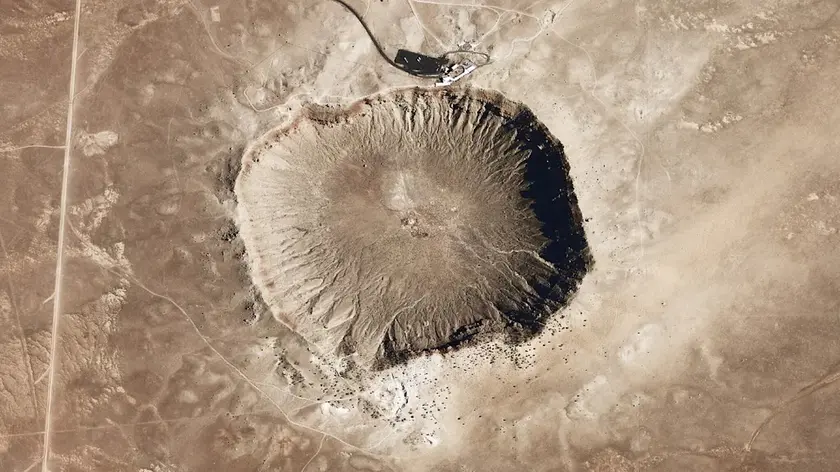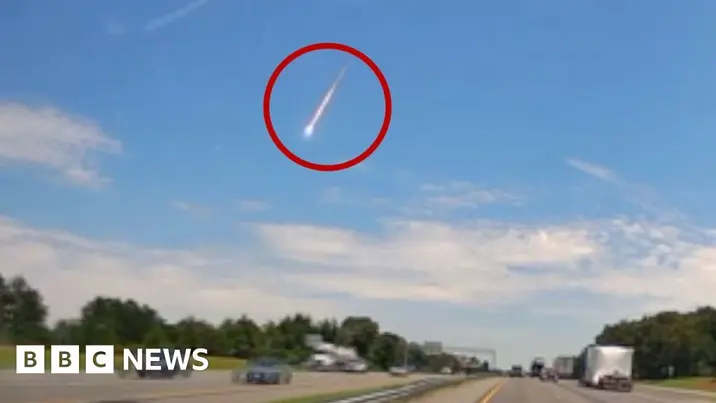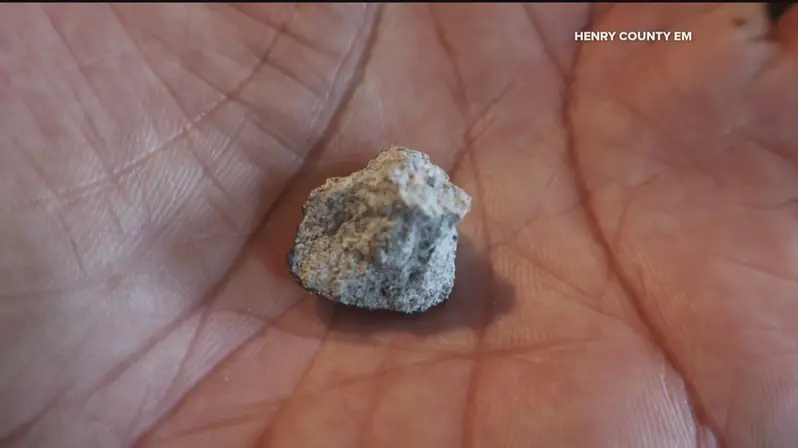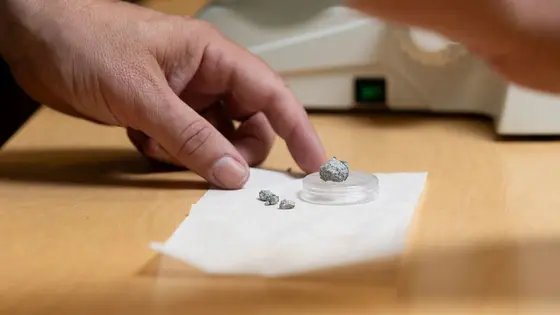T4K3.news
Ancient meteorite found in Georgia ages older than Earth
Geologists reveal a meteorite fragment found in McDonough is more than 4.56 billion years old and older than Earth by 20 million years.

Geologists study a meteorite in Georgia to uncover its age and what it teaches about planetary defense.
Ancient Meteorite Reveals Deep History of Earth
A 1-ton meteor exploded over the Atlanta metro area on June 26, sending a cherry tomato sized fragment through a McDonough home roof. NASA’s All Sky Fireball Network tracked the fireball and estimated the blast at about 20 tons of TNT as the body broke apart roughly 27 miles above Wake Forest, Georgia. Sonic booms were reported along the flight path as the meteor traveled from northeast to southwest.
Geologists at the University of Georgia examined 23 grams of recovered fragments and dated the rock to more than 4.56 billion years old, about 20 million years older than Earth. They classify it as a low-metal ordinary chondrite from the main asteroid belt between Mars and Jupiter, suggesting it formed in a larger body that later broke apart around 470 million years ago. The find is the 27th meteorite recovered in Georgia and the sixth documented fall. The researchers will publish a paper detailing its composition, speed, and dynamics, hoping the data will improve models of future asteroid impacts and the planetary defense effort.
Key Takeaways
"Modern technology in addition to an attentive public is going to help us recover more meteorites."
Harris on the role of tech and citizen science in meteorite recovery
"There will be a day when there will be an opportunity for something large to hit and create a catastrophic situation."
Warning about future asteroid threats
"This is something that used to be expected once every few decades and not multiple times within 20 years."
Frequency of Georgia meteorite falls
"Space rocks land in living rooms and teach us about our past."
Public-facing takeaway on the science
This discovery shows how modern science connects a roadside surprise to deep time. It also demonstrates the value of public engagement in science, as a home roof becomes part of a wider dataset about the solar system. The meteorite helps calibrate our understanding of how small rocks travel through space and Earth’s atmosphere. It underscores that even modest events can offer clues about larger threats and how to prepare for them.
Beyond the science, the case highlights how ready the public and institutions like the University of Georgia are to respond. Each recovered fragment adds to a growing archive that could improve warning times and impact modeling. In a time of growing space awareness, such finds reinforce the idea that exploration starts with curiosity from communities and grows into shared knowledge that weighs the future risk of bigger rocks.
Highlights
- Space rocks keep turning up in ordinary places.
- Public interest helps us learn from space rocks.
- Old space travelers still teach us new science.
- A rock from before Earth guides our future defenses.
Science keeps turning small moments into findings that shape our view of space and our future safety.
Enjoyed this? Let your friends know!
Related News

Ancient Meteorite Lights Up Georgia Sky

Meteorite from asteroid belt hits Georgia home

New study redates Earth's ancient impact crater

Meteorite found in Georgia

McDonough meteorite predates Earth

Meteorite discovery may change solar system formation timeline

Meteorite found in Georgia home dates back to origins older than Earth

Georgia home meteorite dates to 4.56 billion years ago
